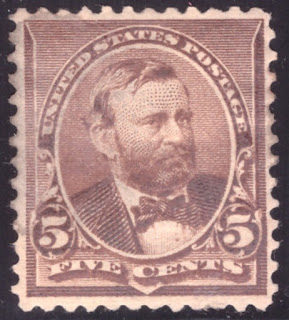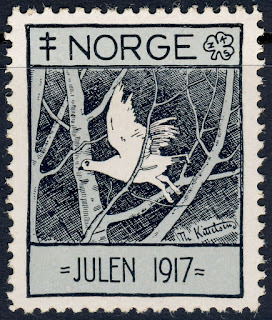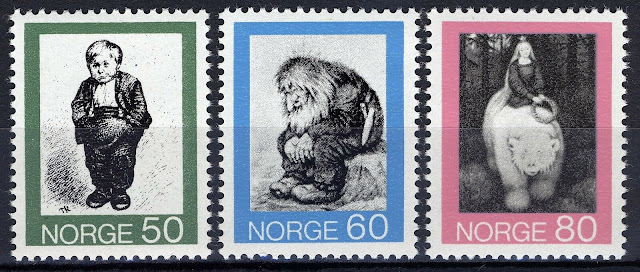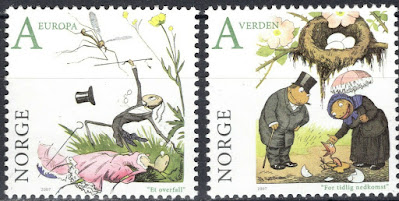Here are some events that happened on April 27th. It could be an event or a person that died or was born on that day
1822 – Ulysses S. Grant, American general and politician, 18th President of the United States (d. 1885)
Ulysses S. Grant (born Hiram Ulysses Grant; April 27, 1822 – July 23, 1885) was an American soldier, politician, and international statesman who served as the 18th president of the United States from 1869 to 1877. During the American Civil War, General Grant, with President Abraham Lincoln, led the Union Army to victory over the Confederacy. During the Reconstruction Era, President Grant led the Republicans in their efforts to remove the vestiges of Confederate nationalism, racism, and slavery.
From early childhood in Ohio, Grant was a skilled equestrian who had a talent for taming horses. He graduated from West Point in 1843 and served with distinction in the Mexican–American War. Upon his return, Grant married Julia Dent, and together they had four children. In 1854, Grant abruptly resigned from the army. He and his family struggled financially in civilian life for seven years. When the Civil War broke out in 1861, Grant joined the Union Army and rapidly rose in rank to general. Grant was persistent in his pursuit of the Confederate enemy, winning major battles and gaining Union control of the Mississippi River. In March 1864, President Lincoln promoted Grant to Lieutenant General, a rank previously reserved for George Washington. For over a year Grant's Army of the Potomac fought the Army of Northern Virginia led by Robert E. Lee in the Overland Campaign and at Petersburg. On April 9, 1865, Lee surrendered to Grant at Appomattox, and the war ended.
After a year-long struggle with throat cancer, surrounded by his family, Grant died at 8:08 a.m. in the Mount McGregor cottage on July 23, 1885, at the age of 63.[530] Sheridan, then Commanding General of the Army, ordered a day-long tribute to Grant on all military posts, and President Grover Cleveland ordered a thirty-day nationwide period of mourning
Some US stamps depicting Ulysses S. Grant
1857 Born: Theodor Kittelsen, Norwegian painter and illustrator (d. 1914)
Theodor Severin Kittelsen (27 April 1857 – 21 January 1914) was a Norwegian artist. He is one of the most popular artists in Norway. Kittelsen became famous for his nature paintings, as well as for his illustrations of fairy tales and legends, especially of trolls.
Kittelsen was born in the coastal town of Kragerø in Telemark county, Norway. His father died when he was young, leaving a wife and eight children in difficult circumstances. Theodor was only 11 years old when he was apprenticed to a watchmaker. When at the age of 17 his talent was discovered by Diderich Maria Aall, he became a pupil at Wilhelm von Hannos drawing school in Christiania (now Oslo). Because of generous financial support by Aall he later studied in Munich. However, in 1879 Diderich Aall could no longer manage to support him, so Kittelsen had to earn his money as a draftsman for German newspapers and magazines.
In 1882 Kittelsen was granted a state scholarship to study in Paris. In 1887 he returned to Norway for good. When back in Norway, he found nature to be a great inspiration. He spent the next two years in Lofoten where he lived with his sister and brother-in-law at Skomvær Lighthouse. Kittelsen also started to write texts to his drawings there.
Theodor Kittelsen and his family settled in a home and artist studio which he called Lauvlia near Prestfoss during 1899. Kittelsen spent his best artistic years here. During this period, Kittelsen was hired to illustrate Norwegian Folktales (Norwegian: Norske Folkeeventyr) by the Norwegian folklore collector Peter Christen Asbjørnsen and Jørgen Moe. In 1908 he was made Knight of The Royal Norwegian Order of St. Olav. However, he was forced to sell and leave Lauvlia in 1910 due to failing health. He was granted an artist’s stipend in 1911 but died in Jeløya in 1914. After his death, his widow Inga Kittelsen was granted an annual salary from the Storting.
Kittelsen's style had elements of Neo-Romantic and naïve painting. As a national artist he is highly respected and well known in Norway, but doesn't receive much international attention, which is the reason that his name is often not included in registers of internationally recognized painters and artists.
Stamps issued by Norway depicting Kittelsen's works
1882 Died: Ralph Waldo Emerson, American poet and philosopher (b. 1803)
Ralph Waldo Emerson (May 25, 1803 – April 27, 1882), who went by his middle name Waldo, was an American essayist, lecturer, philosopher, abolitionist and poet who led the transcendentalist movement of the mid-19th century. He was seen as a champion of individualism and a prescient critic of the countervailing pressures of society, and he disseminated his thoughts through dozens of published essays and more than 1,500 public lectures across the United States.
Emerson gradually moved away from the religious and social beliefs of his contemporaries, formulating and expressing the philosophy of transcendentalism in his 1836 essay "Nature". Following this work, he gave a speech entitled "The American Scholar" in 1837, which Oliver Wendell Holmes Sr. considered to be America's "intellectual Declaration of Independence."
Emerson wrote most of his important essays as lectures first and then revised them for print. His first two collections of essays, Essays: First Series (1841) and Essays: Second Series (1844), represent the core of his thinking. They include the well-known essays "Self-Reliance", "The Over-Soul", "Circles", "The Poet", and "Experience." Together with "Nature", these essays made the decade from the mid-1830s to the mid-1840s Emerson's most fertile period. Emerson wrote on a number of subjects, never espousing fixed philosophical tenets, but developing certain ideas such as individuality, freedom, the ability for mankind to realize almost anything, and the relationship between the soul and the surrounding world. Emerson's "nature" was more philosophical than naturalistic: "Philosophically considered, the universe is composed of Nature and the Soul." Emerson is one of several figures who "took a more pantheist or pandeist approach by rejecting views of God as separate from the world."
He remains among the linchpins of the American romantic movement, and his work has greatly influenced the thinkers, writers and poets that followed him. "In all my lectures," he wrote, "I have taught one doctrine, namely, the infinitude of the private man." Emerson is also well known as a mentor and friend of Henry David Thoreau, a fellow transcendentalist.







No comments:
Post a Comment